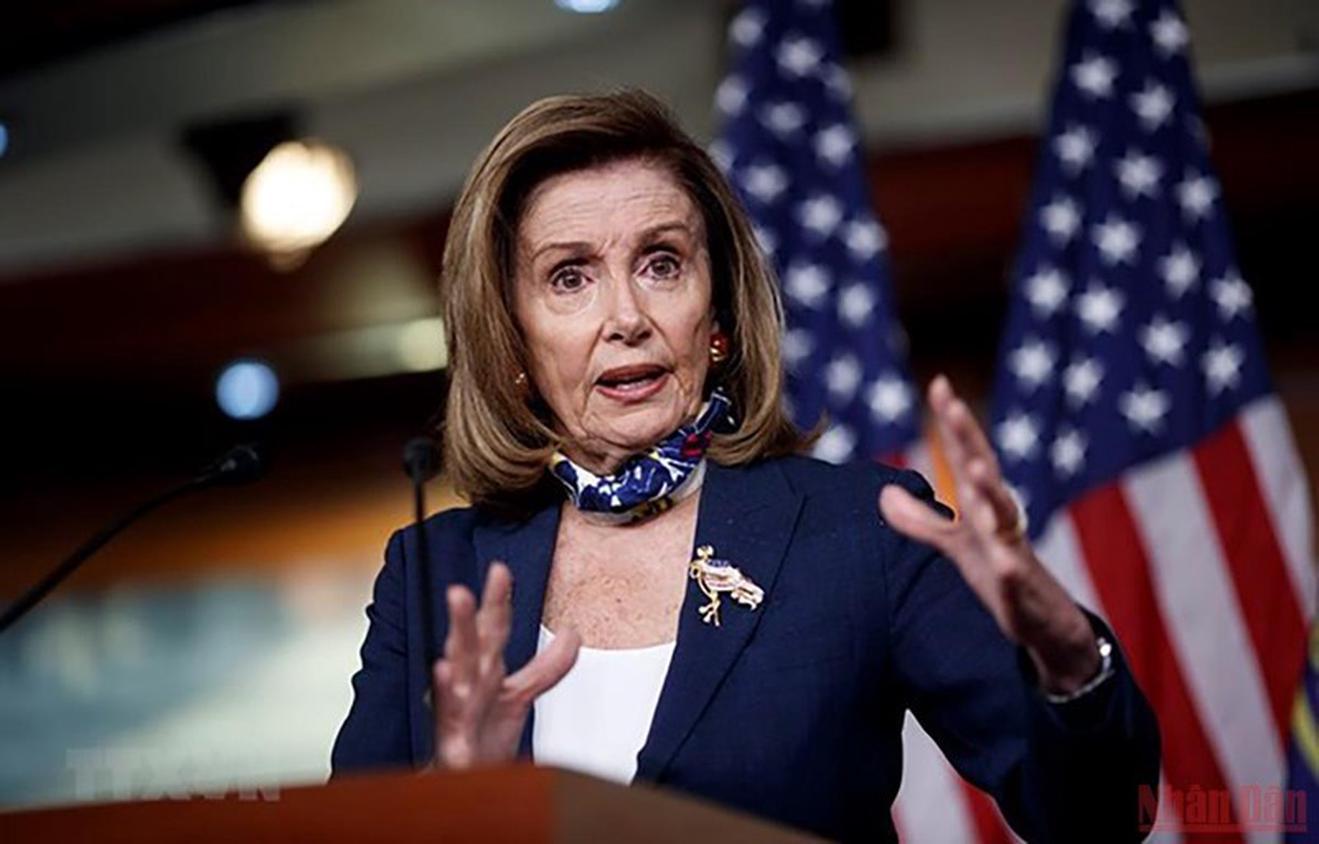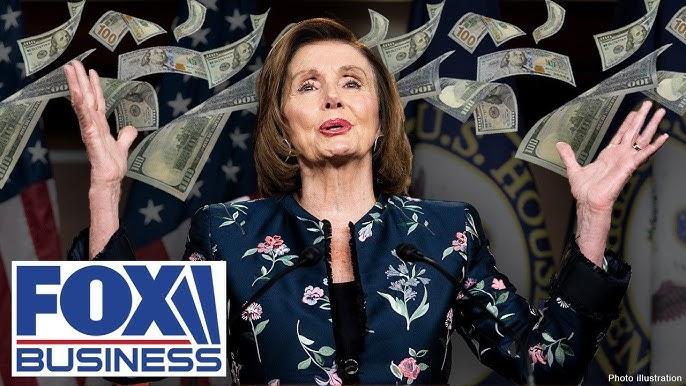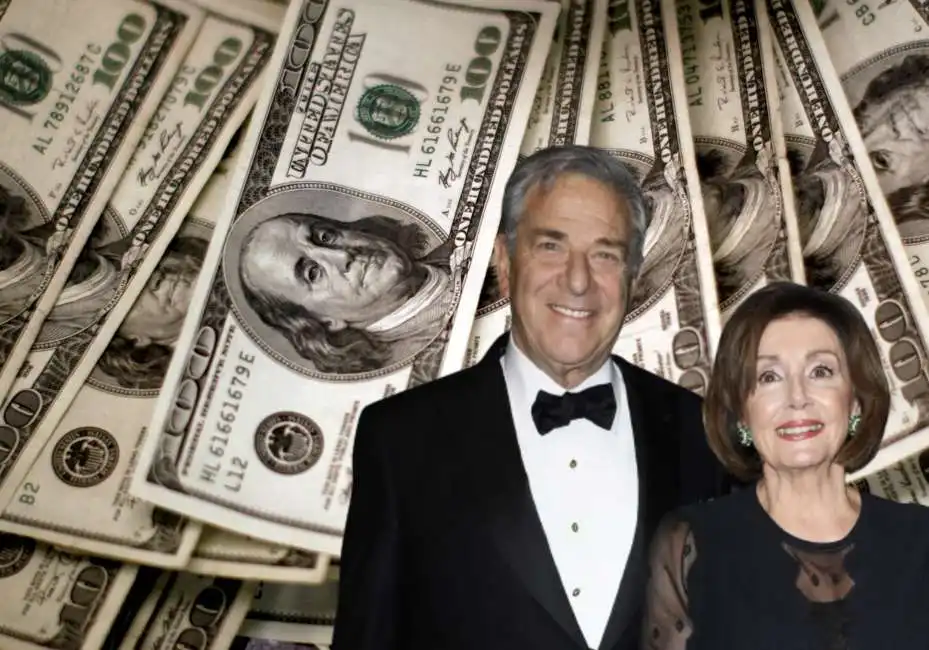Recent allegations have reignited a firestorm around former House Speaker Nancy Pelosi, with critics accusing her of leveraging insider information to amass a fortune through stock trading. The controversy, fueled by President Donald Trump’s call for an investigation into Pelosi’s financial dealings, has thrust the issue of congressional stock trading back into the spotlight. With her net worth reportedly soaring to $264 million, questions about ethics, transparency, and potential insider trading have sparked intense public debate. Could these accusations lead to legal consequences, or is this another case of political theater?

The controversy surrounding Pelosi’s wealth is not new. Since 2011, her husband, Paul Pelosi, a venture capitalist, has faced scrutiny for well-timed stock trades that seem to coincide with legislative developments. A notable example is the 2008 purchase of 5,000 Visa shares at its IPO price of $44, just as Congress considered credit card regulation that never passed. The stock surged to $64 within days, raising eyebrows about privileged access to information. Similar patterns emerged in 2020 and 2021, with Paul Pelosi’s trades in Tesla, Microsoft, and Alphabet yielding millions in profits, often tied to policy announcements or government contracts. For instance, in March 2021, Paul exercised Microsoft call options worth $1.95 million, just 12 days before the company secured a $22 billion Army contract, boosting its stock by 10-11%.

These trades, while legal under current laws, have fueled accusations of insider trading. The 2012 STOCK Act requires lawmakers to disclose trades within 45 days and prohibits using non-public information for profit, but enforcement is weak, with penalties as low as $200. Critics argue this creates a loophole allowing lawmakers and their spouses to exploit privileged information. Public outrage has grown, with social media platforms like X and TikTok dubbing Pelosi the “queen of investing.” Her portfolio’s 54% return in 2024, outpacing most hedge funds, has only intensified suspicions. The “Pelosi Effect” has even inspired copycat trading platforms, like the Unusual Whales Democratic ETF (NANC), which mimics congressional investments.

In response to mounting pressure, Republican Senator Josh Hawley introduced the PELOSI Act, now renamed the HONEST Act, to ban stock trading by Congress members, presidents, vice presidents, and their families. The bill, advanced by a Senate committee in July 2025, has bipartisan support, including from Pelosi herself, who stated, “We must have strong transparency, robust accountability, and tough enforcement for financial conduct in office.” However, opposition from figures like Senator Rick Scott, who defends lawmakers’ rights to trade, and President Trump, who called Hawley a “pawn,” highlights the contentious nature of the reform. Trump’s accusation that Pelosi “became rich by having inside information” has further polarized the debate, with Pelosi dismissing it as “ridiculous” on CNN.
Despite the allegations, no concrete evidence proves Pelosi used insider information. Her defenders argue that Paul’s trades reflect savvy investing, not impropriety, and note that she personally holds no stocks. Yet, the optics are damaging. Trades like the July 2022 Nvidia sale, just before a semiconductor subsidy bill, and the 2024 Visa sale before a DOJ lawsuit, amplify perceptions of conflicts of interest. These incidents have eroded public trust, with many Americans questioning why lawmakers can trade in sectors they regulate.
The push for reform is gaining momentum, with Treasury Secretary Scott Bessent and others advocating for a complete ban on congressional stock ownership. However, similar bills have stalled in the past, and the HONEST Act faces an uncertain Senate vote. For now, Pelosi remains a lightning rod for criticism, her wealth a symbol of a broader issue: the ethical gray area surrounding lawmakers’ investments. While prison may not await her—lacking evidence of illegal activity—the court of public opinion is less forgiving. As calls for transparency grow louder, the outcome of this debate could reshape how elected officials navigate the intersection of power and profit.





